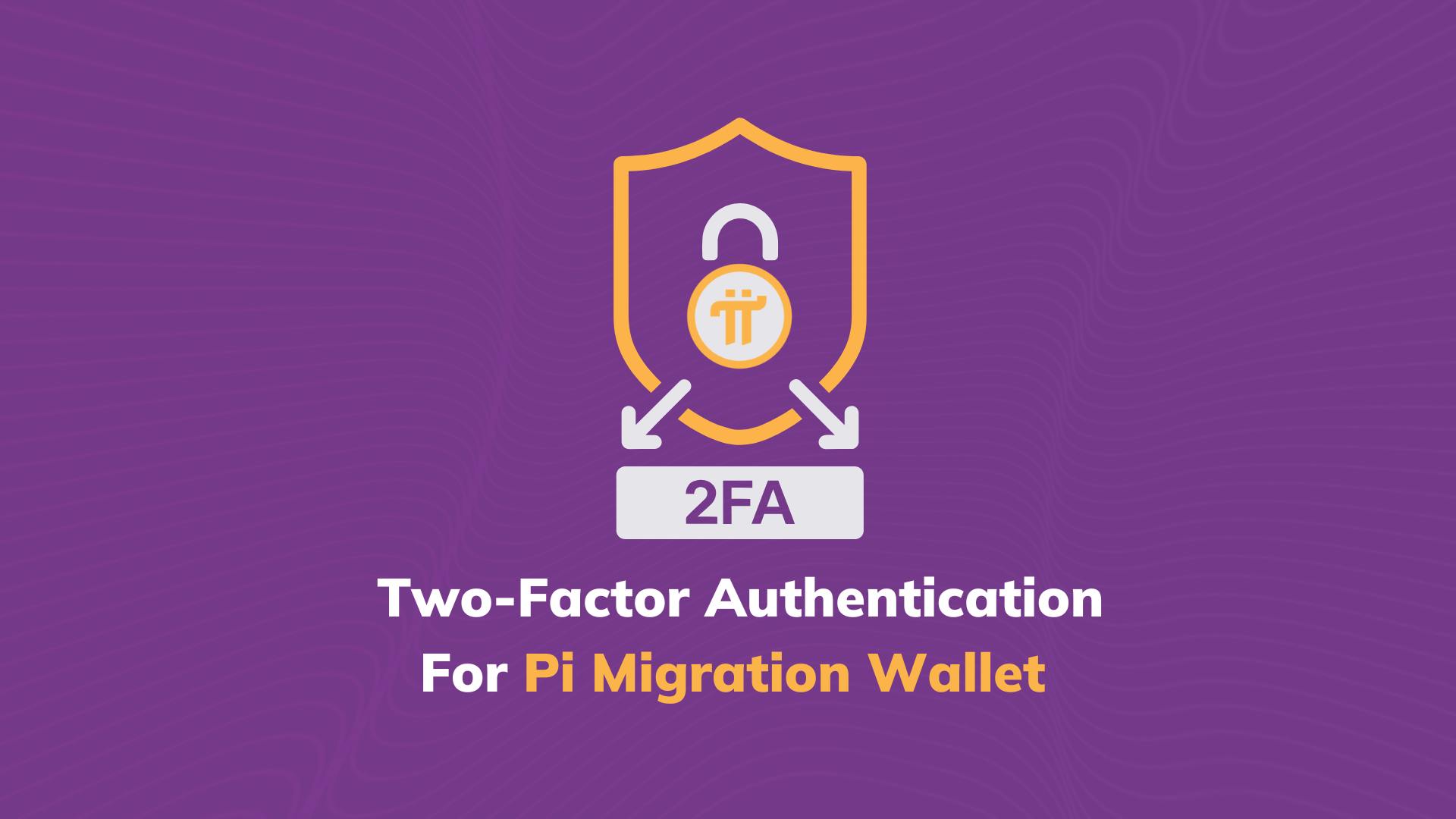In a significant step toward bolstering user security, Pi Network has introduced a two-factor authentication (2FA) feature for wallet confirmation. This update rolled out on March 13, 2025, mandates that some Pioneers—Pi Network’s dedicated community of users—complete 2FA using a trusted email address before their Pi tokens can be successfully migrated to the Mainnet blockchain.
The move underscores Pi Network’s commitment to safeguarding its ecosystem as it transitions into a fully decentralised and operational blockchain.
Read also: Ethena Labs and Securitize launch Converge, bridging TradFi and DeFi
What is two-factor authentication (2FA)?
Two-factor authentication (2FA) is a widely adopted security measure that adds an additional layer of protection to online accounts. Beyond a standard password, 2FA requires a second form of verification—such as a code sent to an email or phone—to confirm a user’s identity. For Pi Network, this second step involves verifying a trusted email address, ensuring that only the rightful account owner can access and manage their Pi wallet during migration.
Why 2FA matters for Pi network
Pi Network’s introduction of 2FA comes at a pivotal moment. With the recent launch of its Open Mainnet on February 20, 2025, Pi transitioned from a closed ecosystem to a fully decentralised blockchain, enabling external transactions and trading on various cryptocurrency exchanges. This shift has brought unprecedented opportunities for Pioneers to utilise their Pi tokens, but it has also heightened the need for robust security measures.
The blockchain’s immutable nature means that transactions, once executed, cannot be reversed.
Additionally, Pi wallets are non-custodial, meaning users have complete control over their funds without relying on a third party. While this empowers users, it also puts the security responsibility squarely on their shoulders. By implementing 2FA, Pi Network aims to mitigate risks such as unauthorised access or wallet hijacking, ensuring that Pioneers’ hard-earned tokens remain secure during the migration to Mainnet.
How it the two-factor authentication works for Pioneers
For Pioneers who recently initiated their migration to the Mainnet and are still within the 14-day pending period, completing 2FA is now a mandatory step. The process begins with verifying a trusted email address. Some users may already have a registered email they can use, while others will need to set one up by completing a liveness check—a step that confirms the account owner’s identity.
Once the trusted email is established, Pioneers will receive prompts—either after a mining session or via email notifications—to complete the 2FA process. This verification confirms their wallet, allowing their Pi tokens to be migrated successfully. Pi Network has emphasized that using an inaccessible or random email address will lead to verification failures, potentially locking users of their wallets or hindering future account recovery.
Impact on the Pi ecosystem
The introduction of 2FA enhances security and has implications for the broader Pi ecosystem. For instance, during the 14-day pending period, some accounts may see their Pi tokens temporarily returned if 2FA is not completed. This, combined with the wallet confirmation requirement, could temporarily drop circulating supply as tokens remain unmigrated until the process is finalised.
Interestingly, Pioneers who successfully migrate their tokens may receive slightly more Pi than their original amount, thanks to additional mining sessions in the final tally. This feature reflects Pi Network’s focus on rewarding its community while maintaining a secure and reliable migration process.
Read also: Microsoft alerts crypto users about StilachiRAT malware stealing wallet data
Community response and market implications
The announcement has sparked a wave of discussion within the Pi community, with many Pioneers welcoming the added security. Since the Open Mainnet launch, Pi Coin has experienced significant price volatility, surging to near $3 before stabilising around $1 as of mid-March 2025. The introduction of 2FA coincides with a recent price recovery from a crucial support level of $1, signalling renewed confidence among investors.
Analysts suggest enhanced security measures like 2FA could bolster Pi Network’s credibility, especially as it vies for listings on major exchanges like Binance and Coinbase. With a user base exceeding 65 million active Pioneers and a market cap ranking it among the top cryptocurrencies, Pi is positioning itself as a serious contender in the digital asset space.
As Pi Network continues to evolve, the release of 2FA for wallet confirmation marks a proactive step toward ensuring the safety and integrity of its ecosystem. For Pioneers, this update is a call to action—secure your wallets—and a reassurance that the network prioritises their interests. As the March 19, 2025, rollout progresses, all eyes will be on how this feature shapes user adoption, market sentiment, and Pi’s journey toward mainstream recognition in the cryptocurrency world.
With its mobile-based mining model and ambitious vision of creating an accessible digital economy, Pi Network proves that security and scalability can go hand in hand. For now, Pioneers are encouraged to complete their 2FA set-up promptly to fully participate in the Mainnet era and safeguard their stake in this promising blockchain project.











